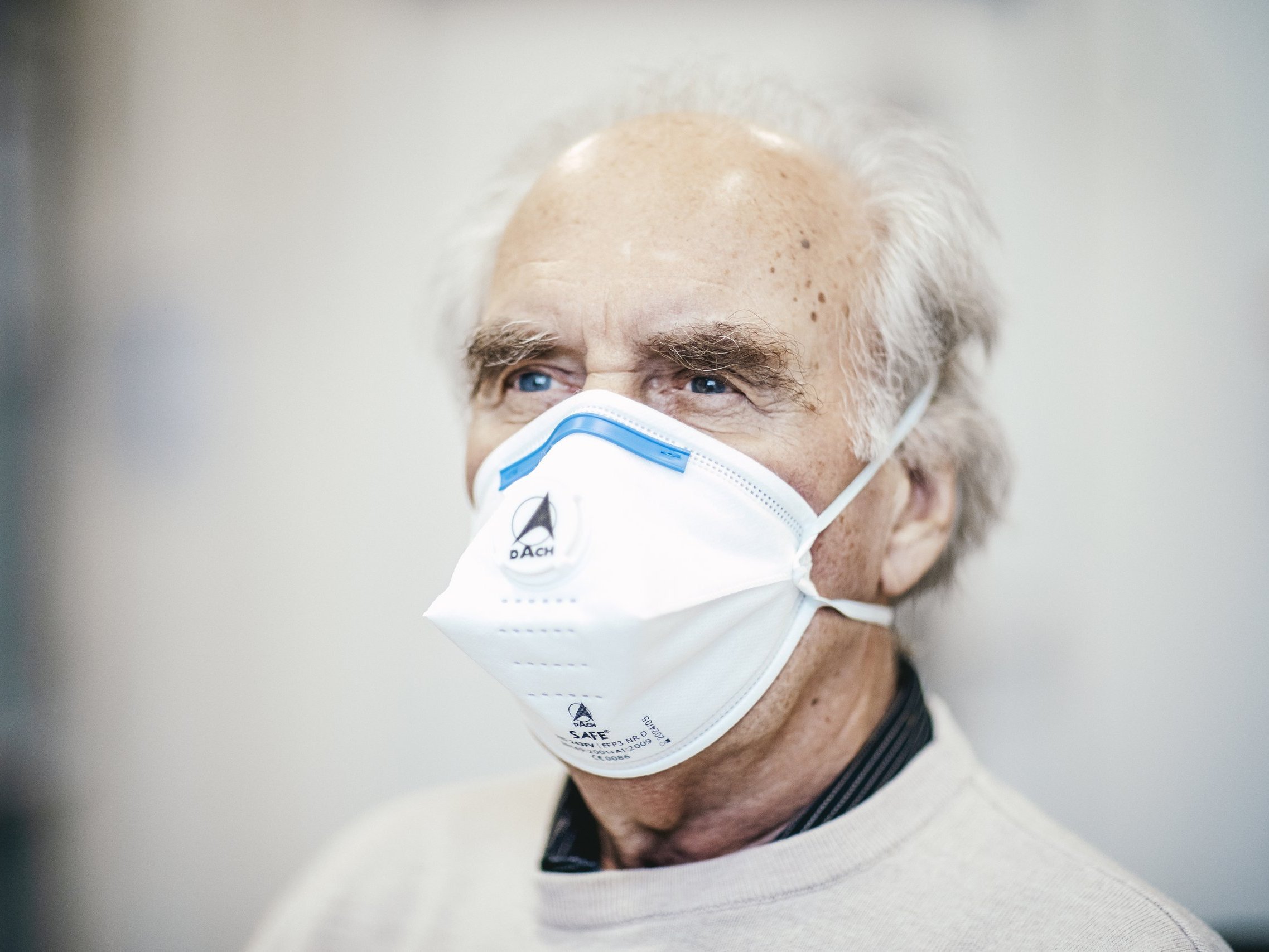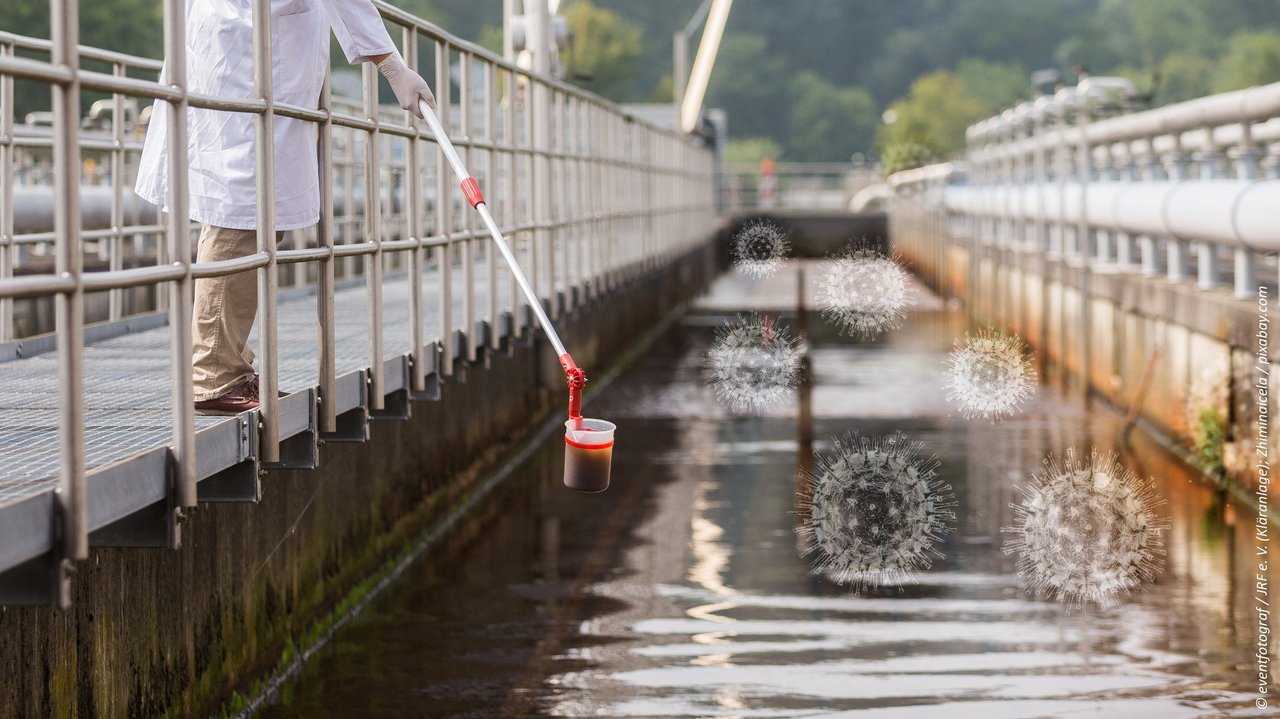During the COVID-19 pandemic, the world was facing an unprecedented crisis. The pandemic claimed many lives, and a large number of people were at risk of losing their jobs or financial security. Even today, it is practically impossible to assess the extent of the material and social damage caused by the COVID-19 crisis, especially on a global scale. Worldwide, the Wilo-Foundation supported the following measures in the areas of research and science:
Study: SARS-CoV-2 viruses in wastewater
Since the beginning of the pandemic, research groups were working on methods to detect SARS-CoV-2 viruses in wastewater in order to monitor the COVID-19 infection rate among the population. In 2020, a consortium of water researchers from Aachen, virologists from Frankfurt, ecotoxicologists and evolution researchers was able to prove for the first time in Germany that SARS-CoV-2 genetic material can be detected in treatment plants using modern molecular methods. In vitro cell tests revealed that the SARS-CoV-2 fragments detected in the wastewater are non-infectious. However, due to the high loads and low retention capacity of conventional treatment plants, the behaviour of SARS-CoV-2 in the water cycle needed to be investigated in more depth. The research team was supported by six water boards in North Rhine-Westphalia, the LOEWE Centre for Translational Biodiversity Genomics and the University of Saskatoon in Canada and also received financial support from the Wilo-Foundation.
Funding partner: Research Institute for Water and Waste Management at RWTH Aachen (FiW) e.V., Aachen

